Between the far right and Hungary. What can Ukraine expect after the European elections?
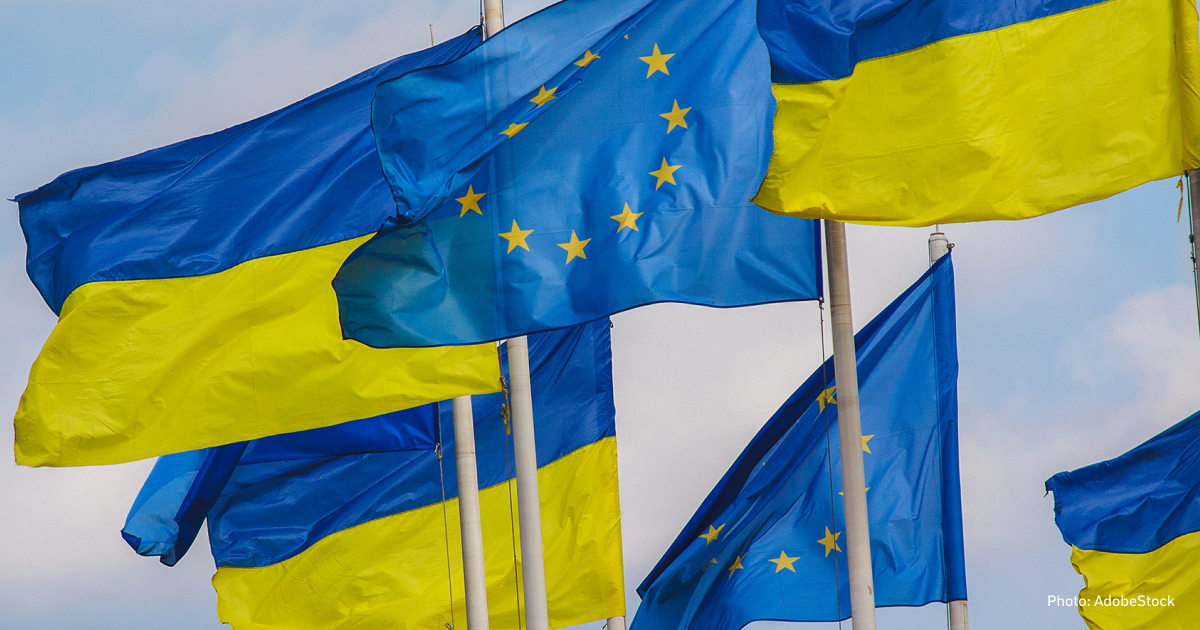
Elections to the European Parliament have ended in the European Union on June 9. Far-right parties are gaining enough votes to take at least fourth place in the new parliament and influence EU policy for the next five years.
In July, Hungary will take over the presidency of the European Union until the end of 2024. The presidency means that Hungary will set the Council's agenda and coordinate its work with the European Parliament and the European Commission.
Read Svidomi's explainer on how the change of influence in the European Parliament and six months of Viktor Orban's leadership in the Council of the European Union will affect the process of Ukraine's EU membership negotiations
A new Eurosceptic parliament
According to the preliminary election results, the European People's Party (EPP) will again appear at the top of the new European Parliament. Second place will go to the Progressive Alliance of Socialists and Democrats. These groups came first and second, respectively, in the 2019 European elections. The liberal Renew group is again in third place, as it was in 2019. The ECR group conservatives could not overtake them, although they will have four more seats than in the previous cadence — 73 against 69.
The European Parliament is comprised of factions composed of national parties from EU member states. The parties are united by ideological views. Thus, the EPP is also a centre-right conservative faction. It includes parties with a Christian ideology, such as the Christian Democratic Union of Germany (CDU), the centre-right Italian Forza Italia, the Polish Civic Platform, and, until 2021, the Hungarian Fidesz. Viktor Orbán left the EPP faction because of conservative attempts to suspend Fidesz's membership "because of its alleged democratic backsliding" in Hungary.
However, the most interesting election results seem to be for the European Conservatives and Reformists (ECR) and Identity and Democracy (ID). ID includes far-right European parties such as Italy's League of Matteo Salvini, France's National Rally of Marine Le Pen, the Estonian Conservative People's Party (EKRE) and the Austrian Freedom Party. According to exit polls, ID could have come third in the European Parliament elections in May. They are currently in fifth place.
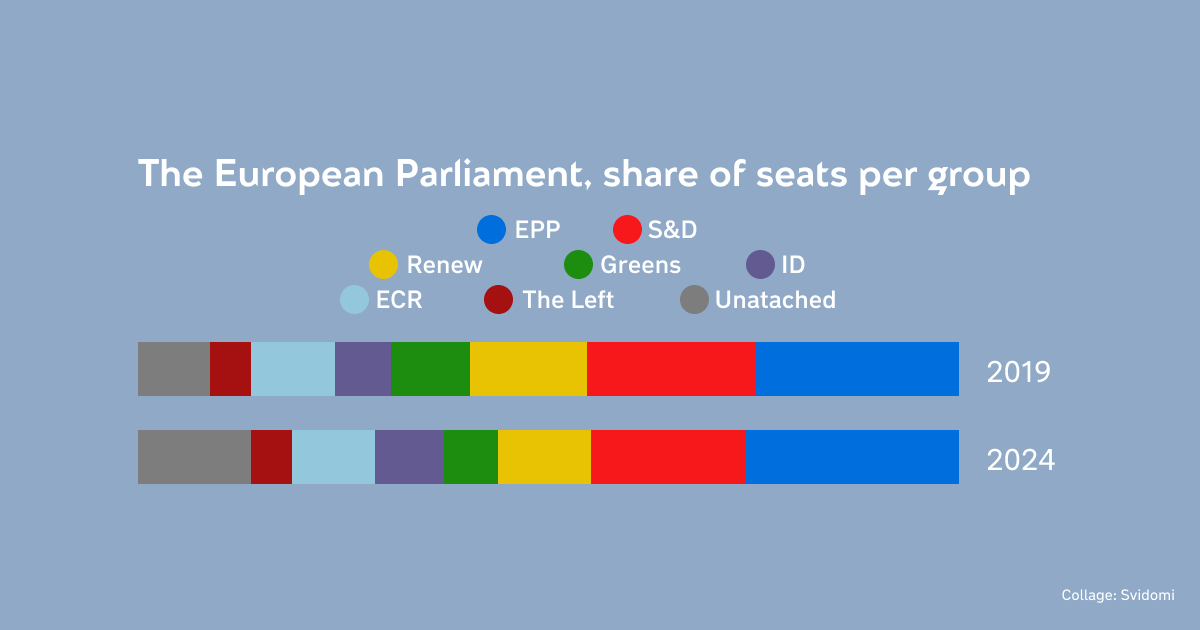
The exclusion of the Alternative for Germany (AfD) from the party list has affected ID's commitment. In the spring of 2024, AfD leader Maximilian Krah made several controversial statements in a defensive tone about the 'SS troops'. He said that 'not everyone who wore an SS uniform was necessarily a criminal'. In response, the faction said it would expel at least Krah himself from the faction and possibly the entire German party. After internal meetings on May 23, 2024, the AfD was completely expelled from the faction. This affected the rating of the ID faction before the European Parliament elections as a whole — they fell to fifth place.
The AfD, on the other hand, only mobilised its voters. It ran in the European elections as a non-aligned party from Germany and has already won over 15% of the vote, beating Olaf Scholz's Social Democratic Party.
At the national level in France, MPs from the National Rally, which is part of the ID faction, according to preliminary results, defeated current President Emanuel Macron's Renaissance party from the Renew faction. Macron even announced that early parliamentary elections in France would be held at the end of June. Marine Le Pen welcomed the president's decision and said that her party was ‘ready to take over the National Assembly’. Marine Le Pen is known for her pro-Russian stance, having recognised Russia's occupation of Crimea and standing by that position.

In addition to the European Parliament elections, Belgium also held national parliamentary elections. Prime Minister Alexander de Croo's liberal party, the Open VLD, lost to the far-right New Flemish Alliance (N-VA). De Croo has already resigned, and the entire government in Belgium will change. The right-wing radicals in Belgium will also win the elections to the European Parliament. This is an example of the changes in the ideological and political landscape of today's Europe.
The ECR includes the Italian right-wing populist Brothers of Italy and the Polish Law and Justice party. The ECR could win 73 seats in the new European Parliament. And with them, influence over European policy. After all, the European Parliament determines the composition of the European Commission, the executive body of the European Union.
There are no cross-party coalitions in the European Parliament. Therefore, there will be no alliances between the EPP, the ECR, and possibly the ID. However, the growing support for right-wing populist and radical forces indicates a change in polarity within the European Union itself. The results of the European Parliament elections show where European national politics are heading.
Maksym Kostetskyi, director of the Centre for Policy Making, says the rise of the far-right points to problems in the EU's domestic policies, particularly on immigration and the economy.
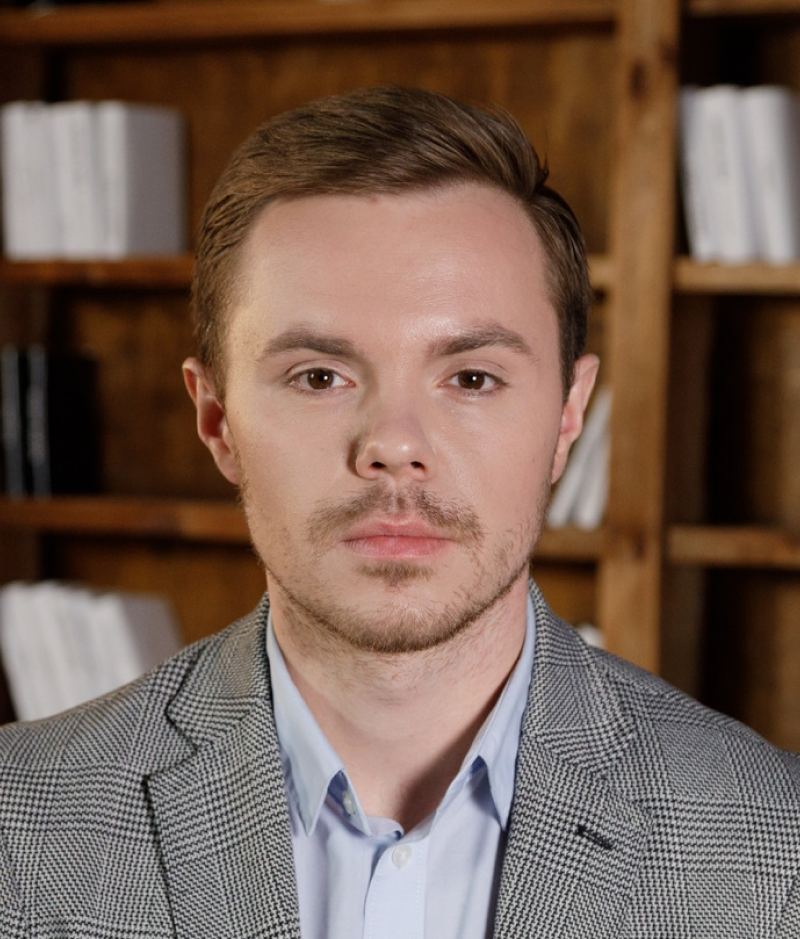
‘The policy of multiculturalism that the EU has pursued over the past decade has not been successful. Many immigrants do not integrate into European society but create their closed communities. The second problem is the economy and the recession, and the third is the war between Ukraine and Russia, which impacts the EU's domestic policy. Voters see that these problems are not being solved, so they turn to populists who offer radical solutions,' says Maksym Kostetskyi,
explaining the shift to the far right.
However, he believes that the growth of right-wing radicalism is not as rapid as reported in the media.
"This is not such a fundamental problem, at least for the next five years. Groups that we usually think of as right-wing or far-right, such as the European Conservatives-Reformists or Identity Democracy, are indeed growing, but they are not winning over the traditional factions in the European Parliament, such as the Socialists and the EPP. Their total number will still be smaller than the combined number of the traditional factions that will make up the Parliament after the elections. There are no 'majorities' in the European Parliament. There are agreements on the agenda. The voice of the radical right will become louder, but it will not be unanimous. Their positions are already different," Kostetskyi concludes.
The Hungarian presidency and how they are trying to restrain it
From July 1 until the end of 2024, Hungary will hold the presidency of the Council of the European Union. Government representatives will select topics for discussion and voting in the Council and coordinate the Council's work with the European Commission and the European Parliament.
Hungary's presidency is already being considered a threat. Belgium, which currently holds the presidency, is calling for a vote of no confidence in Budapest under Article Seven, 'Respect for and promotion of the values on which the Union is based', of the EU's Accession Treaty. This article describes the mechanisms for restricting an EU member state if it violates the rule of law in its own country. The most extreme mechanism is blocking voting rights in the Council of the European Union.
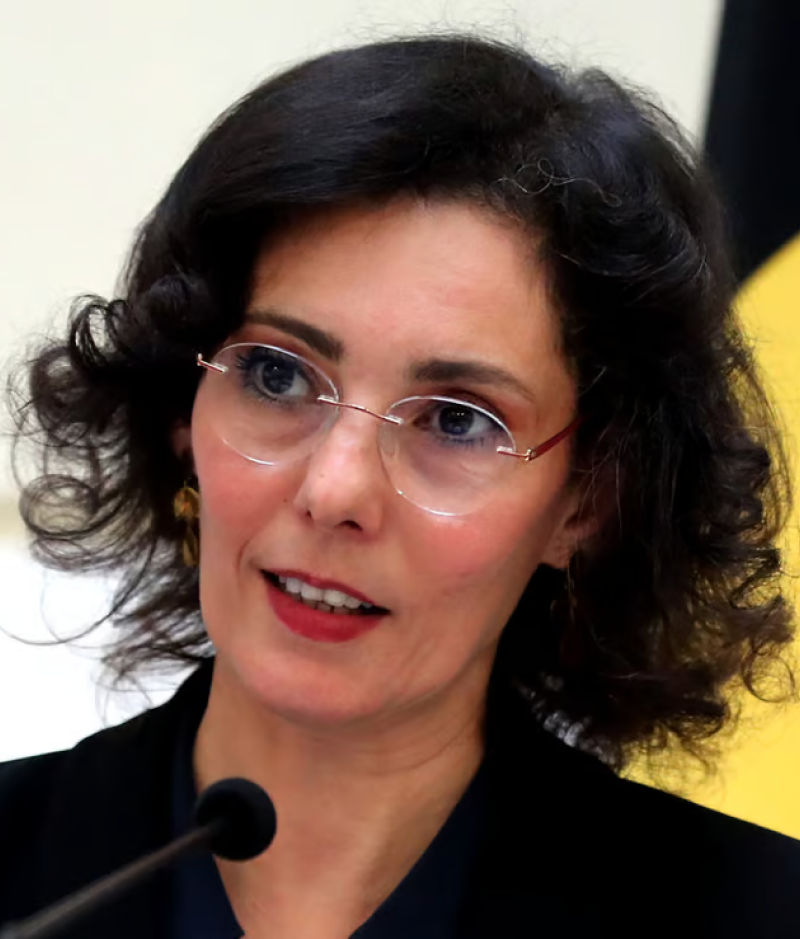
"We have a Europe that is making difficult headway, with unfortunately some states — one state in particular — increasingly adopting a transactional, blocking and veto attitude,"
Belgian Foreign Minister Hajia Lahbib told Politico.
However, the European Parliament is running out of time to invoke Article 7 against Hungary, which is impossible during elections, so the EU is looking for other ways to influence Hungary. However, the very fact that a country that violates the rule of law in its own country holds the presidency of the EU is a source of indignation for representatives of the EU institutions. In 2023, the European Parliament questioned Hungary's ability to preside over the EU Council and called for its turn to be cancelled, but this problem was not resolved a year later.
This approach only shows that the European Union does not have a strategic solution to the issue of Hungary as it is. The EU hopes that the Hungarians will get rid of Fidesz and Viktor Orbán on their own, so the problems with Hungary are being solved partially within the institutions — by limiting funding or by asking Viktor Orbán to leave the Council of Europe during the vote to open accession talks with Ukraine and Moldova in December 2023.
Maksym Kostetskyi says that despite the sense of fatigue with Hungary's actions in the EU institutions, the Orbán government will use these six months to promote its conservative and even Eurosceptic policies.
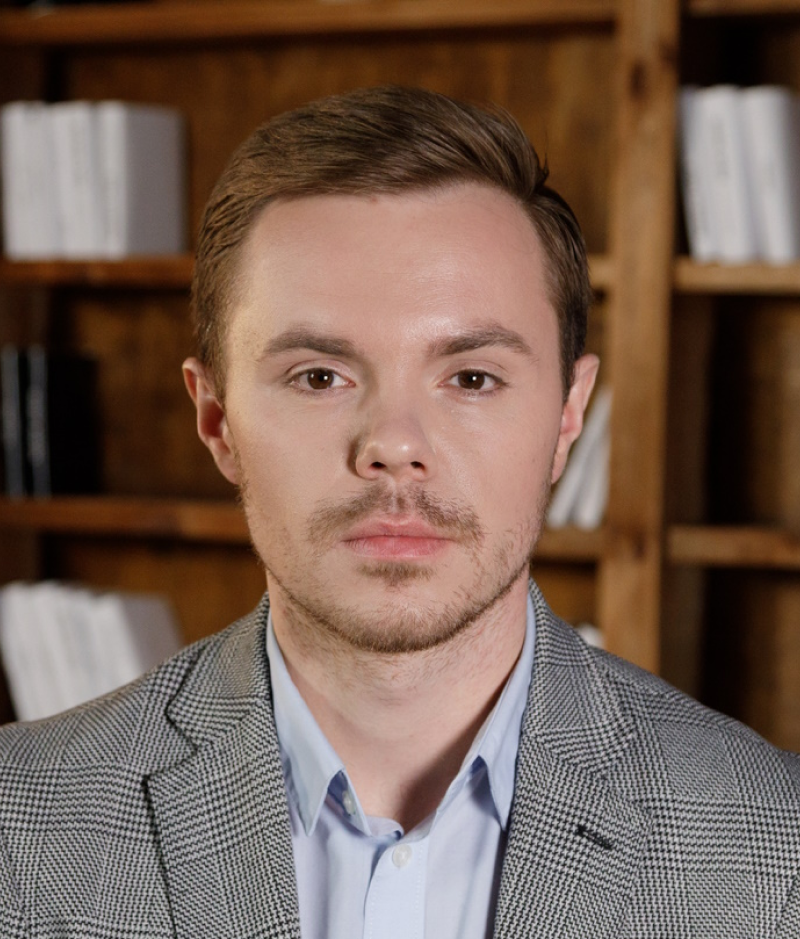
"Hungary will try to block the opening of negotiations between the EU and Ukraine for another six months — this is a bitter experience from previous decisions when Orbán blocked many procedural issues regarding Ukraine's integration into the EU. The EU leadership will regularly put Hungary in its place. Still, Hungary, as the country holding the presidency of the European Union for six months, has the technical ability to delay protocol procedures and decisions formally. This is primarily a problem for the European Union,"
Maksym Kostetskyi concludes.
What Ukraine should expect
On May 29, at a meeting of EU ambassadors, Hungary blocked the adoption of the draft framework for negotiations on Ukraine's accession to the EU on the grounds of 'minority rights'. This decision jeopardised the possibility of the EU and Ukraine opening accession negotiations on June 25 at the General Affairs Council. The Council agenda also includes procedural decisions on EU enlargement. Hungary's blocking of the negotiating framework now only shows what it will be able to do during its EU presidency.
Hungary's blocking also slows down the process of Moldova's negotiations with the European Union. The European Union considers the integration of Ukraine and Moldova together, so without progress on Ukraine, there will be no decision on Moldova.
However, after the European Parliament elections, Hungary may lose one of the key positions for the integration of any candidate country — the position of European Commissioner for Neighbourhood and Enlargement. Olivér Várhelyi currently holds this post. Austrian Karoline Edtstadler and Lithuanian Foreign Minister Gabrielius Landsbergis are being considered for the post. Therefore, the EU's future integration policy could be both pragmatic and pro-Ukrainian.
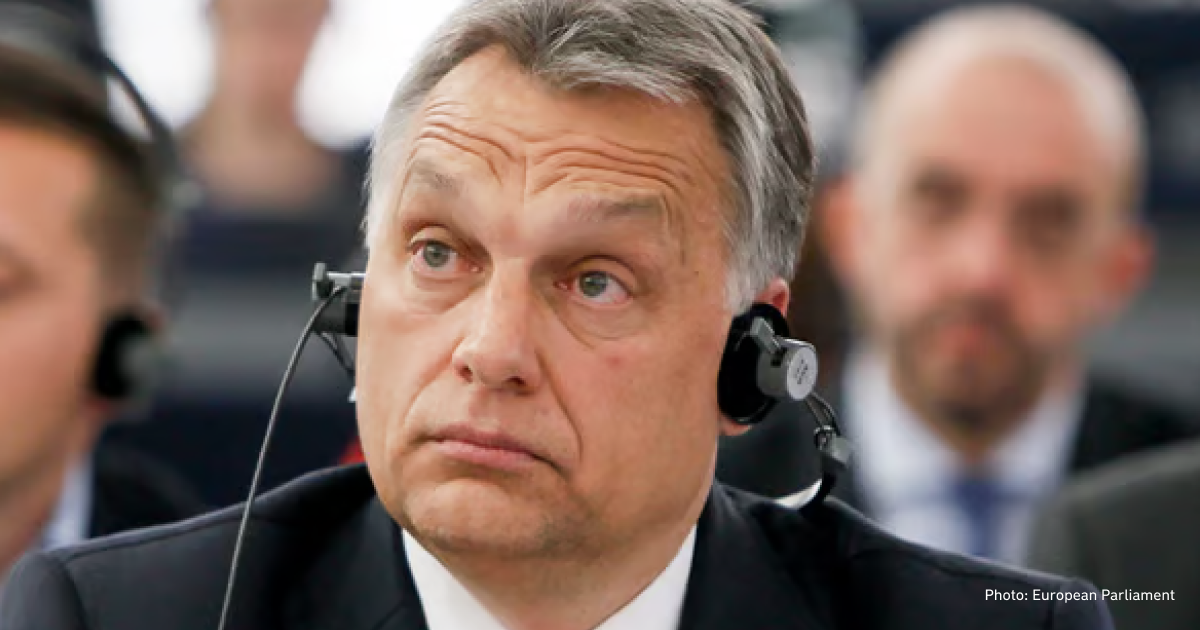
Everything will depend on how the new political forces influence the distribution of seats in the European Commission. Despite the rise of the far right, the EU is still interested in including Ukraine in its membership, but now it will have to reckon with Hungary or wait until 2025 to open negotiations. In Germany, the Christian Democratic Union is still in first place in the European Parliament elections. Ursula von der Leyen is a member of this party, so the chances of her being re-elected as President of the European Commission are pretty high.
Kostetskyi says that despite the growing number of Eurosceptics in the European Parliament, their influence will not be strong enough to slow down Ukraine's integration process.
"The European Parliament is an advisory body. Yes, they decide on the composition of the European Commission, but there is no alternative candidate for the EC presidency, so Ursula von der Leyen will remain with her pragmatic policy in the European Union because it is quite a difficult task to satisfy the interests of all 27 member states. In the next six months, the Hungarian presidency threatens our negotiating process more than the new parliament," concludes Maksym Kostetskyi.


